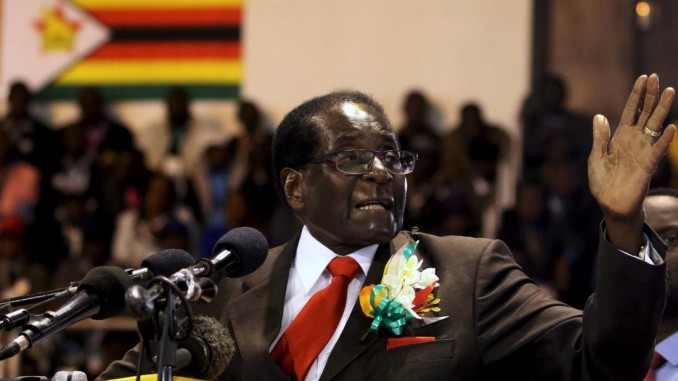
HARARE (Reuters) – Zimbabwe has deployed army medics to work at major public hospitals following a week-long strike by junior doctors who are demanding an increase in call allowances and a duty free car facility, a senior government official said on Wednesday.
Gerald Gwinji, permanent secretary in the Ministry of Health, said the doctors’ strike had put pressure on public hospitals, which were already struggling with shortages of drugs and under-funding from the government.
“When some people are not coming to work there is bound to be an impact on service delivery and because these cadres (doctors) on strike are at the first level of care, the impact is even greater,” Gwinji said.
“In some instances we have deployed cadres from the uniformed forces to help in reducing the pressure.”
The paediatric and maternity sections were the worst affected, Edgar Munatsi, the president of the Zimbabwe Hospital Doctors Association, which called the strike, told Reuters.
Munatsi said doctors wanted their call allowances to be increased to $10 an hour from the current $1.20. He said more than 400 doctors were staying away from work, warning that senior doctors could also join the strike.
“So the doctors are insisting that the government has to offer something on the table on the issue of call allowances and the duty free car facility as promised. Without that, they are not going back,” said Munatsi.
At Parirenyatwa Hospital, Zimbabwe’s largest public hospital in Harare, non-critical patients were being turned away and referred to local clinics run by city councils.
United Bulawayo Hospitals in the country’s second city Bulawayo put out a notice saying that due to the doctors’ strike “we have resolved to attend to ‘dire’ emergencies only.” Continued…